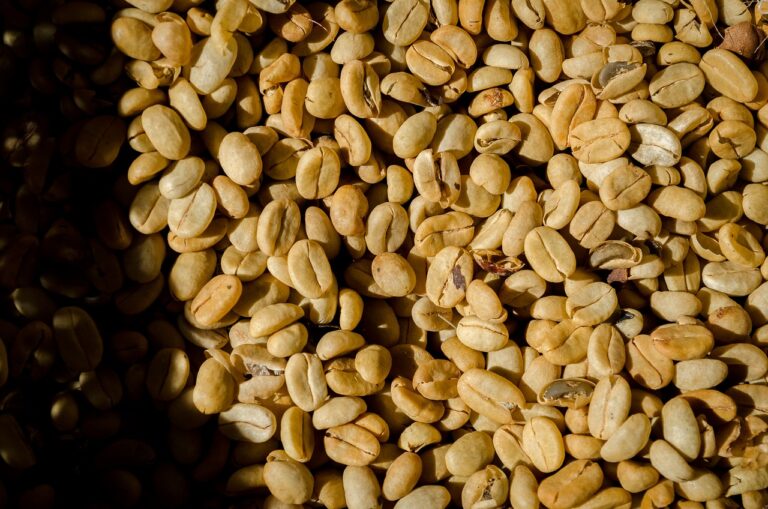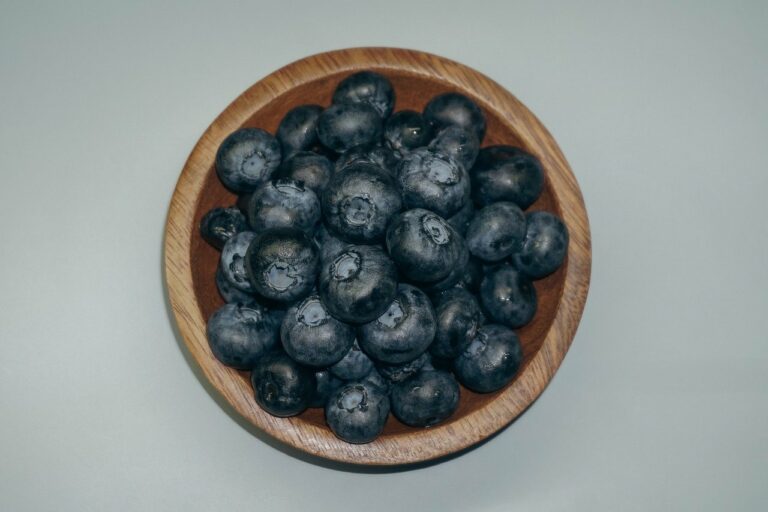The Role of Artificial Sweeteners in Flavor Enhancement
betbhai9 id whatsapp number, playexch login, lotus 365 win: Artificial sweeteners have been a contentious topic in the world of food and nutrition for decades. With concerns about their potential health risks and controversies surrounding their use, many people are unsure about whether artificial sweeteners are a safe and effective way to enhance the flavor of their food and drinks. In this article, we will discuss the role of artificial sweeteners in flavor enhancement and explore their impact on our taste buds and overall health.
The Rise of Artificial Sweeteners
Artificial sweeteners, also known as sugar substitutes, are synthetic or natural compounds that mimic the taste of sugar without the calories. They are used in a wide range of products, from diet sodas and sugar-free gum to reduced-sugar desserts and snack foods. The popularity of artificial sweeteners has surged in recent years, as people seek out ways to reduce their sugar intake and manage their weight.
One of the key roles of artificial sweeteners is to enhance the flavor of food and drinks without the need for added sugar. By providing a sweet taste without the calories of sugar, artificial sweeteners can help create products that are lower in calories and more suitable for people trying to maintain a healthy weight or manage conditions such as diabetes.
Types of Artificial Sweeteners
There are several different types of artificial sweeteners on the market, each with its own unique taste and characteristics. Some of the most commonly used artificial sweeteners include:
– Aspartame: a low-calorie sweetener that is approximately 200 times sweeter than sugar.
– Sucralose: a no-calorie sweetener made from sugar that is around 600 times sweeter than sugar.
– Stevia: a natural sweetener extracted from the leaves of the Stevia plant that is up to 300 times sweeter than sugar.
– Saccharin: one of the oldest artificial sweeteners, saccharin is around 300 times sweeter than sugar.
Each of these artificial sweeteners has its own taste profile and uses in different products. Some are better suited for baking, while others are more stable in high-temperature environments or acidic beverages.
The Role of Artificial Sweeteners in Flavor Enhancement
Artificial sweeteners play a crucial role in flavor enhancement by providing a sweet taste without the added calories of sugar. This can be particularly important in products where reducing sugar content is key, such as low-calorie beverages, sugar-free desserts, and diet snacks.
In addition to their sweetening properties, artificial sweeteners can also help balance and enhance other flavors in a product. By masking bitter or unpleasant tastes, artificial sweeteners can improve the overall flavor profile of a food or drink and make it more palatable to consumers.
Furthermore, artificial sweeteners can help extend the shelf life of products by reducing the need for added sugars, which can contribute to spoilage and microbial growth. This can be particularly important in products that are stored for long periods or need to remain stable under varying conditions.
Health Considerations
Despite their benefits in flavor enhancement, artificial sweeteners have been the subject of controversy and debate when it comes to their potential health risks. Some studies have suggested that artificial sweeteners may be linked to negative health outcomes, such as metabolic disorders, weight gain, and an increased risk of certain diseases.
However, the current scientific consensus is that artificial sweeteners are safe for most people when consumed in moderation as part of a balanced diet. The FDA and other regulatory agencies have approved the use of artificial sweeteners in food and beverages, deeming them safe for consumption.
FAQs
Q: Are artificial sweeteners safe to consume?
A: Yes, artificial sweeteners are considered safe for most people when consumed in moderation as part of a balanced diet. However, some individuals may be sensitive to certain artificial sweeteners or have underlying health conditions that make them unsuitable for consumption.
Q: Do artificial sweeteners cause weight gain?
A: There is some evidence to suggest that artificial sweeteners may be linked to weight gain and metabolic disorders in certain individuals. However, the overall impact of artificial sweeteners on weight management is still being studied, and more research is needed to fully understand their effects.
Q: Can artificial sweeteners be used in baking?
A: Yes, many artificial sweeteners are suitable for baking and can be used as a substitute for sugar in recipes. However, some artificial sweeteners may have different properties than sugar and may require adjustments to the recipe to achieve the desired taste and texture.
In conclusion, artificial sweeteners play a valuable role in flavor enhancement by providing a sweet taste without the added calories of sugar. While concerns about their health risks persist, the current scientific consensus is that artificial sweeteners are safe for most people when consumed in moderation. By understanding the benefits and potential drawbacks of artificial sweeteners, consumers can make informed choices about their use in food and drinks.







